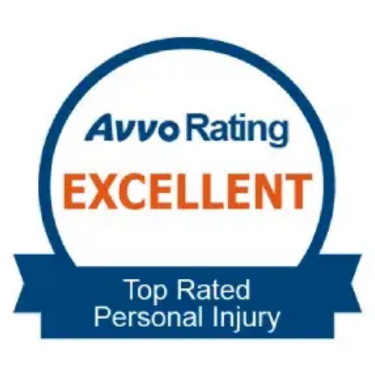Things You Should Know about Virginia Workers’ Compensation Law
Virginia Workers’ Compensation Law was born on March 21, 1918 and has evolved over the years. The law has three goals: 1) to provide employees that are injured on the job with compensation for medical bills for both treatment and recovery, 2) to provide the employee with an income during their recovery, and 3) to provide the employee with compensation for permanent disability. Workers’ Compensation is vital to American society. Statistics show that roughly 3.3 million people were injured on the job last year.
It doesn’t matter if a worker’s injuries are temporary or permanent; the employer is responsible for payment of medical care if the worker’s injuries are covered by law. The employer is also responsible for payment of compensation benefits if the worker is unable to return to their full duty position and suffers wage loss because of their disability.
Work injuries are a tremendous expense for employers and insurance carriers. All employers that regularly have three or more employees in service in Virginia are required to carry workers’ compensation insurance.
Like with other types of insurance, unfortunately, employers and their insurance companies have a vested interest in minimizing the amount any single worker is paid for a claim. This is why employers and insurers will sometimes deny a claim or take steps to reduce the claim’s value, such as forcing prolonged litigation over seemingly minor issues to attempt to pressure the worker into giving up their claim or settling below full value. When this happens, a worker has two options – he can either give in to the pressure or he can take his case to court.
Here are some things you should know about Virginia Workers’ Compensation Law:
- You are not required to hire an attorney to file and pursue a claim. But considering that the laws are complex and the procedural rules are strict, hiring a lawyer may be your best bet to obtain the best results.
- Workers’ Compensation cases can be settled; however, all settlements have to be approved by the Virginia Workers’ Compensation Commission. Pain and suffering are not compensable. This is why workers’ compensation cases are usually not as valuable as personal injury cases. The settlement amount of the case is determined by future lost wages, future medical care costs, vocational rehabilitation costs, and permanent disability.
- Workers’ compensation is usually your only option to claim monetary damages for a workplace injury. Generally, you cannot sue your employer for the injury. You may, however, have a products liability case if you are injured by a machine or a personal injury case if you are hit by a third-party driver.
- You cannot be fired for filing a claim under the Virginia Workers’ Compensation Act. But you can be fired for not being able to perform your job due to your injury.
- If the employer or the employer’s insurance company does not provide a panel of doctors to choose from for treatment within a reasonable amount of time after the accident, you have the right to choose your own treating physician. An experienced Virginia Workers’ Compensation attorney can lead you to the most claimant-friendly doctors.
- In Virginia, you can continue to receive medical care and compensation benefits even after you have reached “maximum medical improvement.” The effect of having reached “maximum medical improvement” is that a physician can then give you an impairment rating for loss of use of the affected body part. Different parts of the body have different values and the compensation for the partial permanent disability will be awarded based on the statute Virginia has in place.
Battling your employer and its insurer for your Virginia Workers’ Compensation benefits is not an easy path to travel. Jenkins Block & Associates is here to help. We help employees in the time they need help the most.
by Corey Pollard


